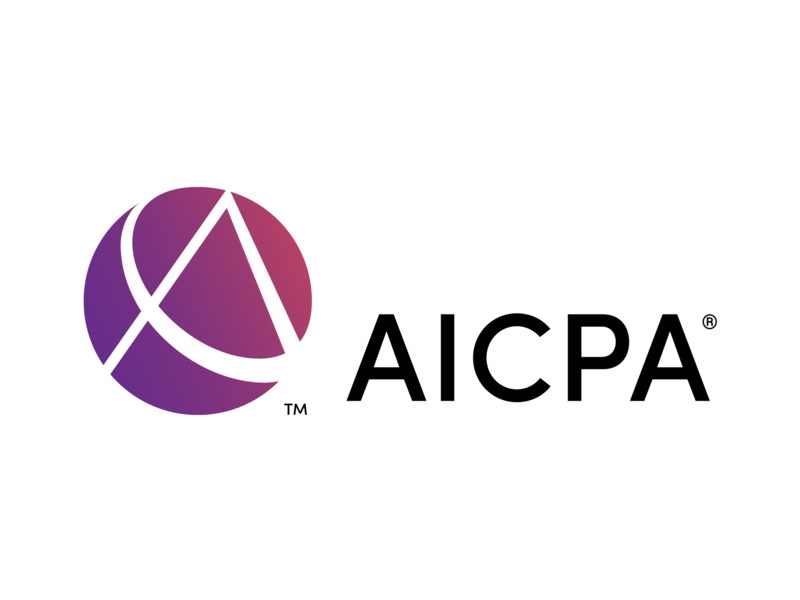IRS
AICPA Endorses Legislation to Simplify Tax Filing Extension Process
The American Institute of CPAs (AICPA) has endorsed bipartisan legislation introduced by Representatives Judy Chu (D-CA) and Mike Carey (R-OH) to simplify the tax filing extension process.
May. 24, 2023

The American Institute of CPAs (AICPA) has endorsed bipartisan legislation introduced by Representatives Judy Chu (D-CA) and Mike Carey (R-OH) to simplify the tax filing extension process. The Simplify Automatic Filing Extensions (SAFE) Act of 2023 would assist the Internal Revenue Service (IRS) with receiving extensions earlier in the year, providing taxpayers, CPAs and the IRS with a streamlined process and reducing the need for many penalty abatement requests.
The IRS frequently faces challenges in administering the tax filing season, which includes the: (1) late enactment of tax legislation; (2) delays in the release of tax forms that are needed before tax returns can be finished; (3) anticipating and planning for resolution of expired provisions; (4) software interruptions; and (5) staffing issues.
In addition, taxpayers and their preparers must often obtain records from third parties to properly determine their tax liability. It is often impossible to collect the information needed for a complete and accurate return by the original due date. To cope with these obstacles, taxpayers and tax professionals often request extensions of time to file tax returns. These extensions allow taxpayers an additional six months – from April 15 to October 15 – to prepare their tax return. Penalties may apply if certain amounts are not paid with the extension request and first quarter estimated payment by April 15.

Thanks for reading CPA Practice Advisor!
Subscribe for free to get personalized daily content, newsletters, continuing education, podcasts, whitepapers and more...
Already registered? Login
Need more information? Read the FAQ's
As a result of the missing information, tax professionals and individual taxpayers filing for extensions perform time-consuming calculations and estimates of tax owed for the current year. This typically means putting hours of work into this initial estimation and then a second calculation, preparation, and review process later when the final tax return is ultimately filed. As indicated by IRS statistics, the number of extensions filed each year is increasing and is predicted to continue to do so going forward.
“For decades, the AICPA has advocated for and promoted the principles of good tax policy before members of Congress, Treasury and the IRS – the SAFE Act is a reflection of good tax policy for taxpayers and practitioners,” said AICPA Vice President of Taxation, Edward Karl, CPA, CGMA. “Complicated tax returns are often time-consuming for taxpayers and their advisors; simplification of these processes relieves stress on the taxpayer and supports tax compliance. We appreciate the leadership of Representatives Chu and Carey to simplify automatic filings of extensions and we strongly support this legislation.”